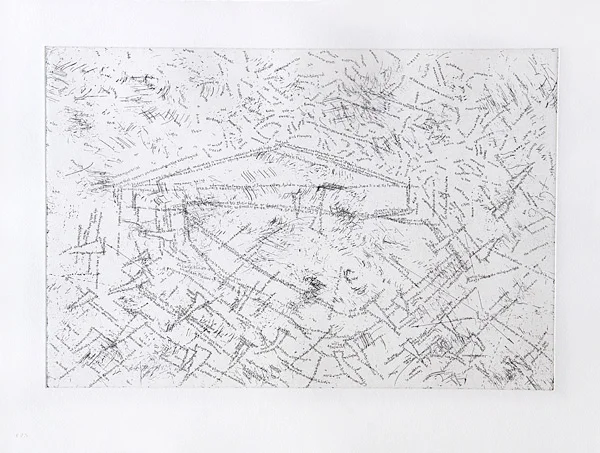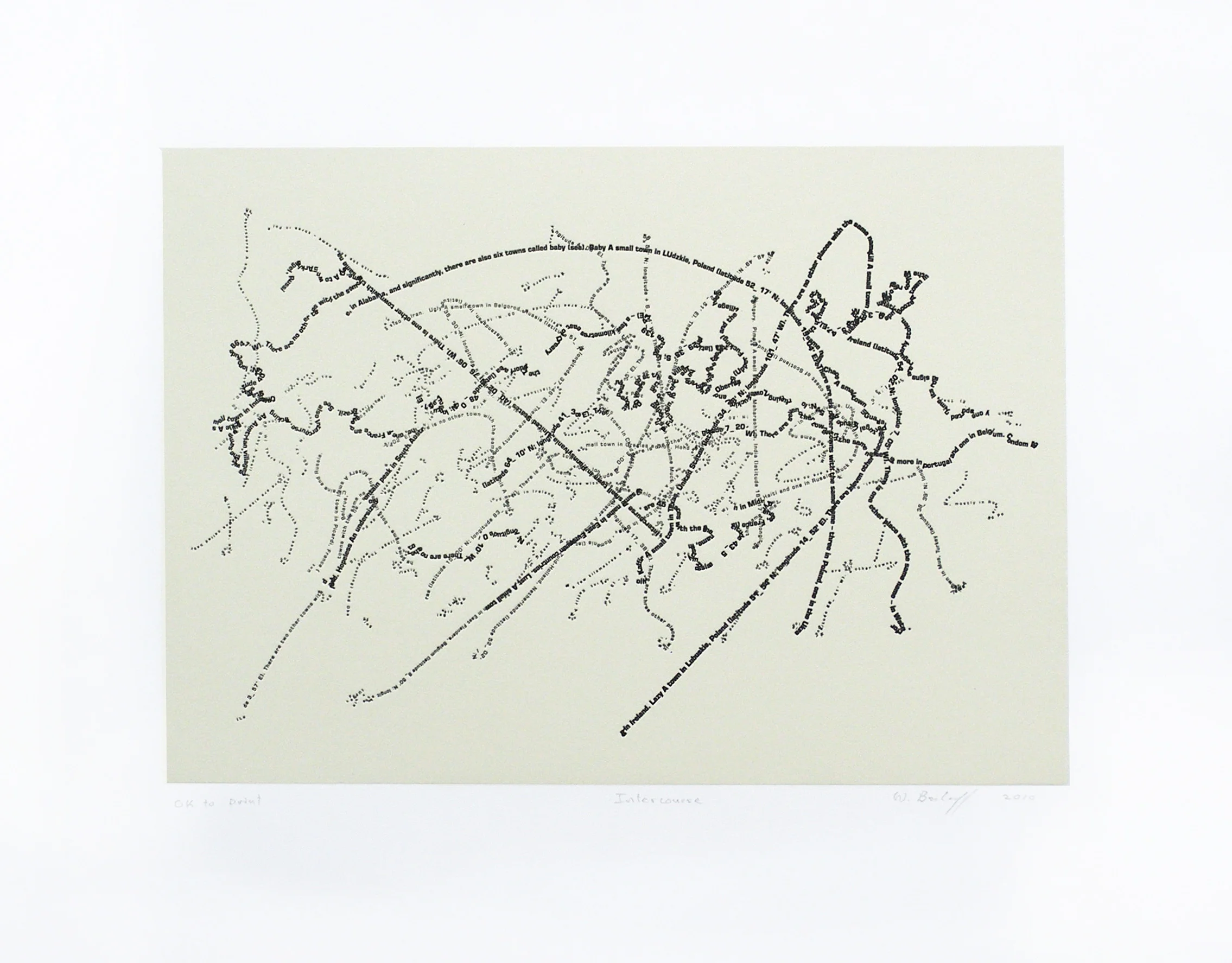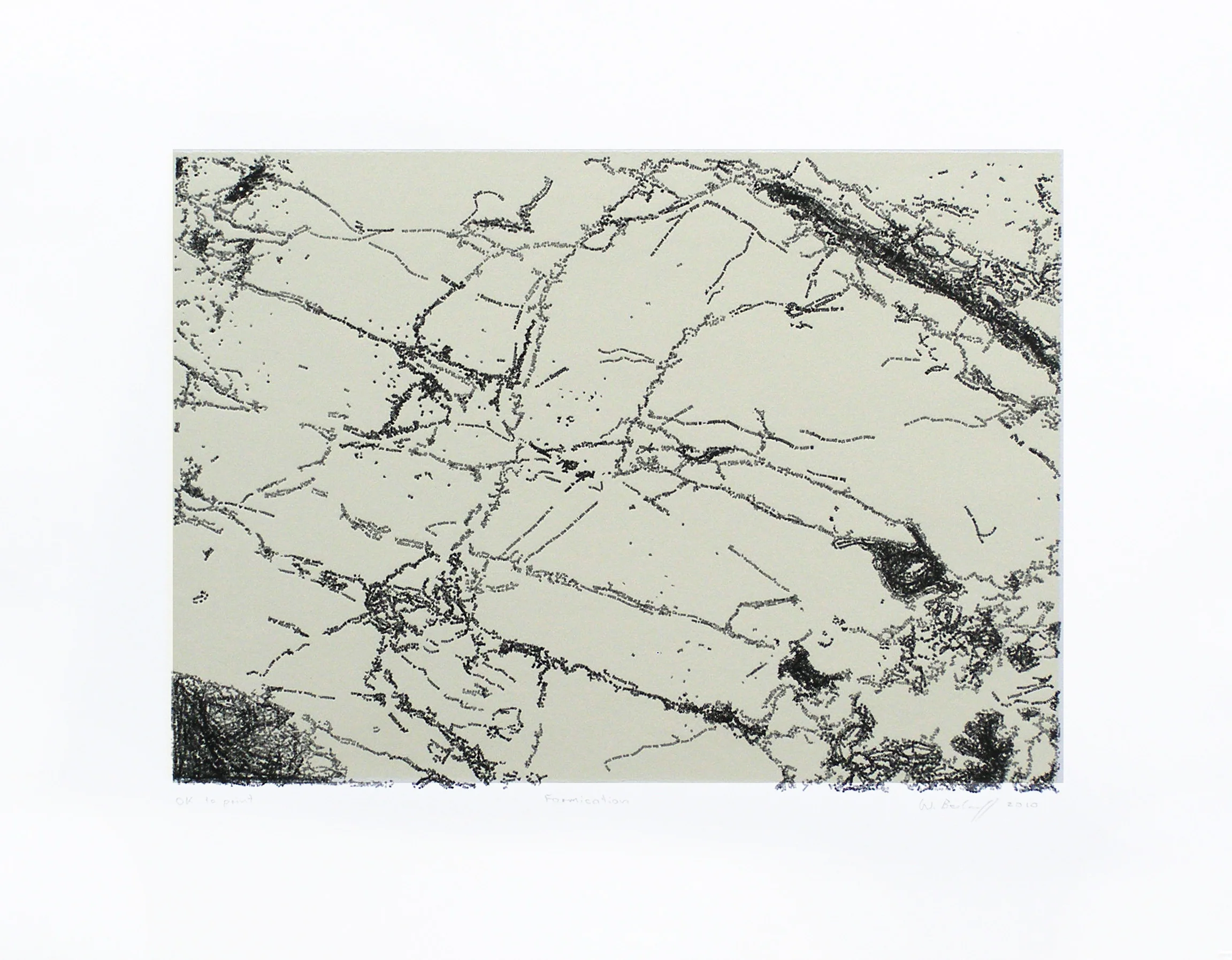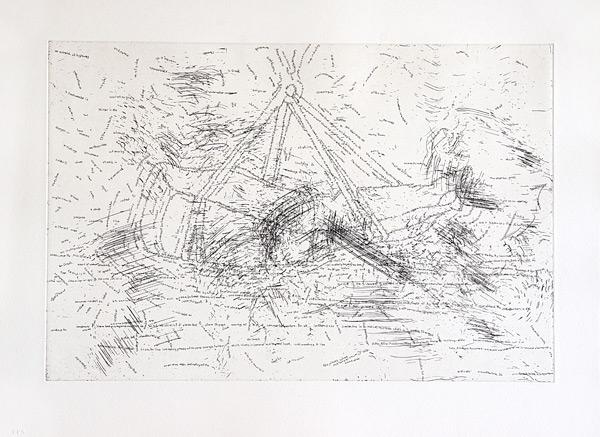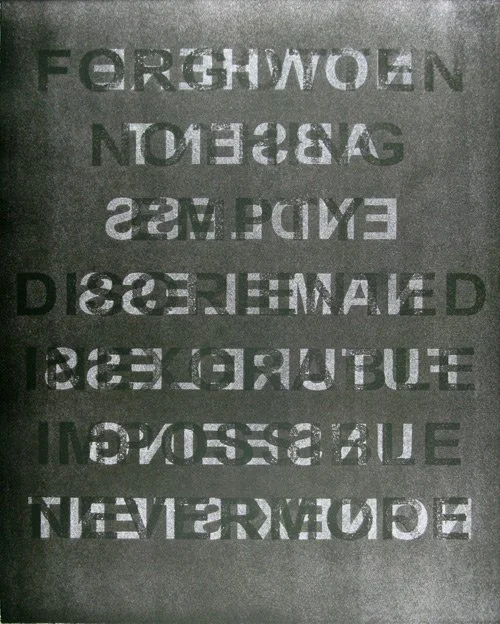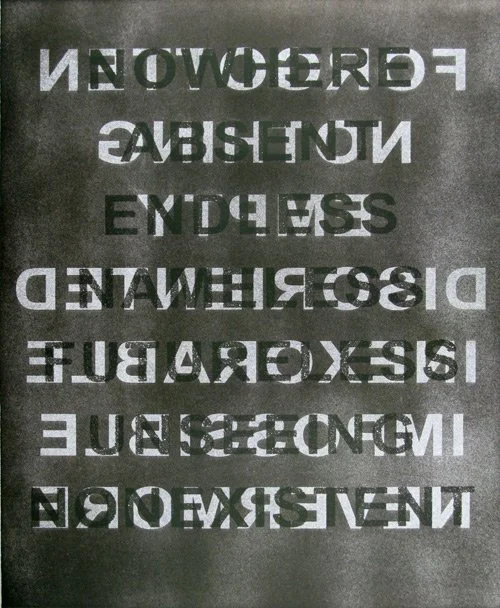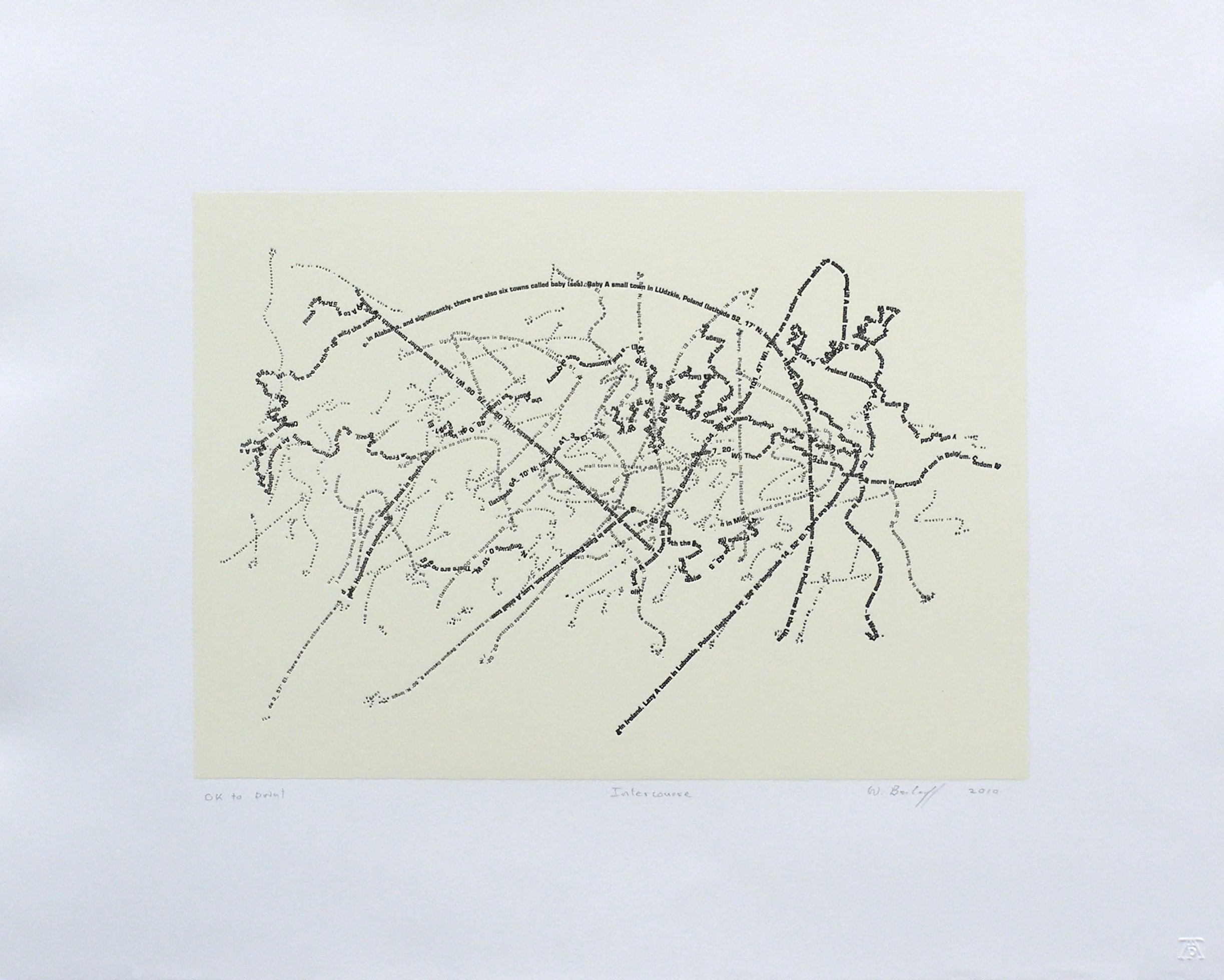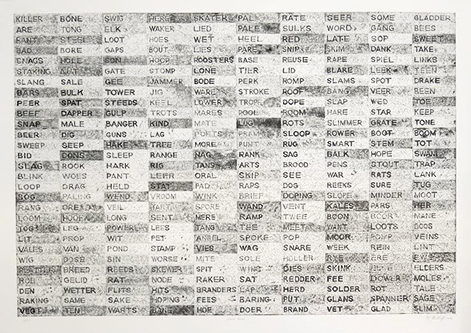Willem Boshoff
Willem Boshoff was born in 1951 and grew up in Vanderbijlpark, a town on the the Vaal River, 75 kilometre south of Johannesburg in the Gauteng province of South Africa. His father, Martiens, was a trained carpenter and Boshoff
grew up with a love for wood and respect for technical expertise.
Under Henrie Pretorius, an inspired teacher at high school, he decided to become a sculptor when he was fifteen years old. His decision did not meet the approval of the conservative elements in his old school and he was only allowed to formally study art if he simultaneously followed a teaching course. This proved to be valuable because he delighted in subjects
of psychological and philosophical emphasis.
Willem Boshoff’s academic career spans a period of more than twenty years and he is a former head
of the Department of Fine Art of the Technikon Witwatersrand (now University of Johannesburg). His qualifications include
an honorary doctorate from the University of Johannesburg. He is a renowned teacher and although he has been a full-time practicing artist in South Africa and internationally since 1996, he still retains strong ties with many academic institutions.
He still regularly acts as external examiner in the fine art departments/faculties of, amongst others, the University
of Stellenbosch, the University of Cape Town, the University of Pretoria and Rhodes University in Grahamstown.
Boshoff decided not to exhibit his artwork in a public gallery until he was thirty years old and had his first exhibition
at the Johannesburg Art Gallery in 1981. His major works include KYKAFRIKAANS (1980), an anthology of concrete poetry, the Blind Alphabet Project (1995), Writing in the Sand (2001) and Garden of Words (a project in progress since 1982).
His work has been shown extensively in South Africa and internationally, notably at the Johannesburg Biennale; São Paulo Biennale; Venice Biennale; Havana Biennale; the Museum for African Art at the Smithsonian, Washington; the Triennale für Kleinplastik in Stuttgart (where he was awarded the Ludwig Giess Prize); Museo Nacional, Centro de Arte, Reina Sofia, Madrid; the Museum Boijmans van Beuningen in Rotterdam; White Box Gallery, New York; MUseum van Hedendaagse Kunst Antwerpen; Galerie Asbæk in Copenhagen, Sonsbeek Internationaal, Arnhem, Netherlands and Art Unlimited at the Basel Art Fair. He won a Golden Loerie award in cooperation with Ogilvie International for his artwork Abamfusa Lawula (1997).
Boshoff has delivered guest lectures on the interaction of the visual and audio arts at various universities
and he has published numerous essays and articles. He derives pleasure in a collection of avant-garde music, Gregorian chant and ethnic music. He spends much of his time compiling dictionaries and his first, A Dictionary of Colour
was written in 1977. These dictionaries often form the basis for his artworks. Some are A Dictionary of Perplexing English, Beyond the Epiglottis, What Every Druid Should Know, Dictionary of Manias and Phobias, the Dictionary of Morphology,
the Dictionary of–ologies and –isms, A Dictionary of Beasts and Demons, as well as the Dictionary of Winds,
and the Dictionary of Obscure Financial Terms. He also visits all major gardens in the world to do research
for his Garden of Words and Big Druid projects.
Text: David Krut
AVAILABLE WORKS
Lost In Dark II, Lithograph & Relief Print, 600mm x 750mm
Lost In Dark I, Lithograph & Relief Print 600mm x 750mm
Intercourse, Chine collé letterpress, 297mm x 420mm ed of 35
Children stars, etching
Children stars, etching
Archived WORKS
Formication
Word woes, Etching, 500mm x 333mm

